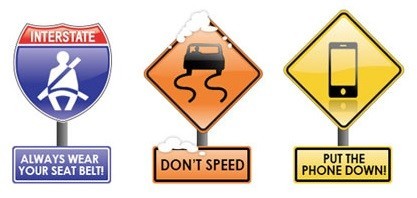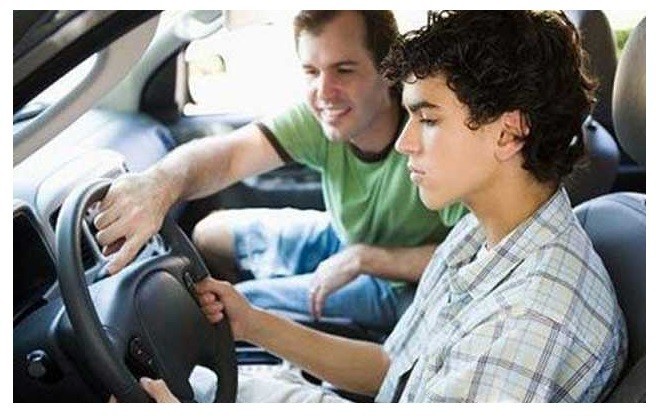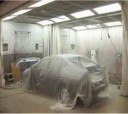Defensive Driving 101: Be Aware of Everything

Looking out for the other person has always been the best advice in just about every aspect of life. The instinct to survive and be safe in the presence of danger has kept us to thrive rather than just survive in today's society. If you've been driving for more than a decade, you already have defensive driving in your DNA, but for those of you that are fledgling or less-experienced drivers, here are some directives, brought to you by all of us at Lithia Body And Paint Of Bend, a body shop that always stresses safety.
The main problem is that many folks are not on the same page when it comes to defensive driving. Here in Bend and even throughout OR, we see drivers either traveling too slow or speeding and darting through traffic, which is just as dangerous.
 What Exactly is Defensive Driving?
What Exactly is Defensive Driving?
If you’re like a lot of other folks,, you might be wondering what the authentic definition of defensive driving even is. To put it simply, defensive driving is the act of applying driving rules and techniques that can help motorists reduce risks and anticipate dangerous situations. Below are some tips on how to be a better defensive driver.
Make Safety a Priority All the Time
The first step in becoming a defensive driver is to recognize that you can control how you drive. You should be thinking safety first. You can’t rely on others on the road to make your safety a priority. That’s your job. So, wear your seat belt, don’t drive aggressively and keep your full attention on the task at hand: driving.
Be Aware of Everything
Constantly scanning the road with one’s eyes is another habit of good, defensive drivers. This means checking the front, left side, right side and rear with all of your mirrors. Make sure you’re scanning far ahead, not just casually looking around you. This will give you time to react to any situation that could be coming your way. Keep your eyes peeled for other vehicles, bicycles, motorcycles or pedestrians even pets and wildlife should be on your radar.
Tailgating is for Fools
Most driver guides insist on leaving a two-second space between yourself and cars you are following. This doesn’t go far enough. Allow for at least three-to-four seconds of space between yourself and the car you are following. Anything less is too close. Having this space cushion will allow you to react to any situation.
Speeding Kills 
Your speed should always be based on the road's conditions, which means sometimes the posted speed limit is too fast. Wet or icy roads and limited visibility may decrease the time you have to react to other drivers, so keep that in mind as you’re driving.
Don't Multi-Task
A defensive driver is not a distracted driver. Anything that takes your mind off of the task of driving is a distraction.
At Lithia Body And Paint Of Bend, our hope it that people will think more about defensive driving. So, hopefully by reading this article (and possibly sharing it) we can all be more defensive and much safer drivers.
Sources: Wikipedia, US DOT and NHTSA












 What Exactly is Defensive Driving?
What Exactly is Defensive Driving?
Social